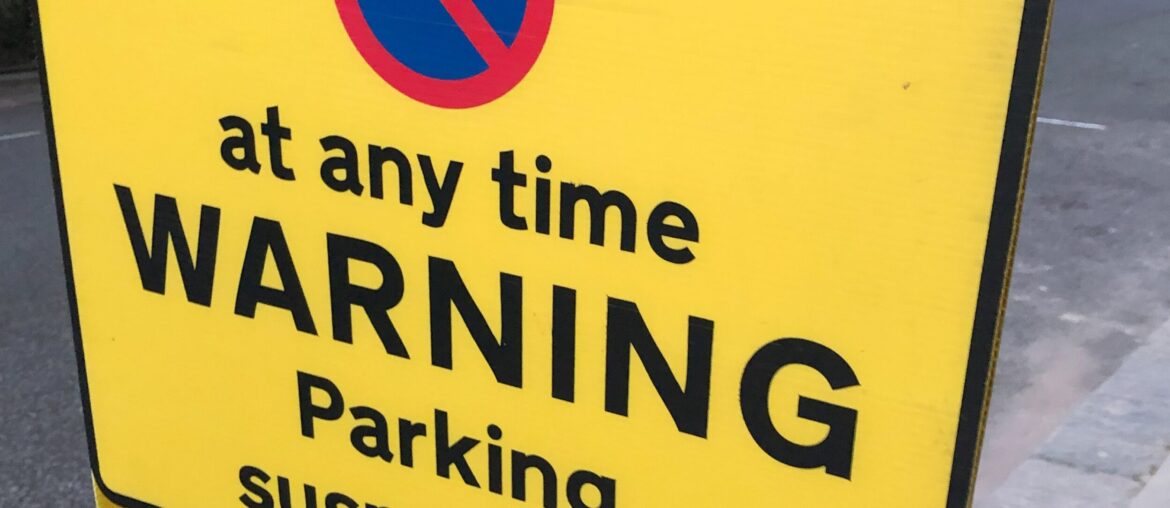The objective of the challenges was to design a statistical machine learning algorithm that discovers the morphemes (smallest individually meaningful units of language) that comprise words. Ideally, these are basic vocabulary units suitable for different tasks, such as text understanding, machine translation, information retrieval, and statistical language modeling. The scientific goals are:
- To learn of the phenomena underlying word construction in natural languages
- To discover approaches suitable for a wide range of languages
- To advance machine learning methodology
The Morpho Challenges ran successfully in 2005, 2007, 2008, 2009 and 2010. They aimed at advancing the field of machine learning by providing a concrete application challenge for both semi-supervised and unsupervised algorithms whose objective is to learn to provide morphological analyses for words. The algorithms will be evaluated in information retrieval (IR) and statistical machine translation (SMT) tasks. Both tasks are evaluated using the state-of-the-art evaluation systems and evaluation corpora to see which algorithm performs best and does it improve the state-of-the-art. The Morpho Challenges have evoked significant interest both as participants in the challenge and as citations of the evaluation results.


